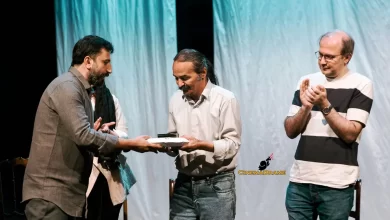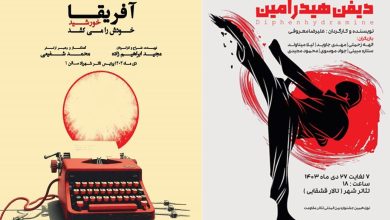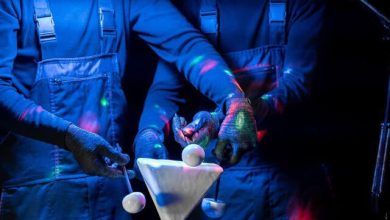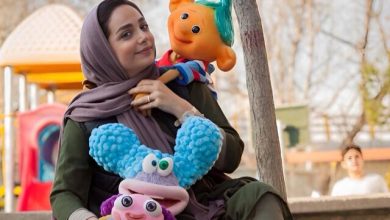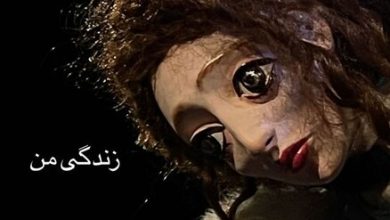Theater Play / Marijuana in Sheida’s School Bag
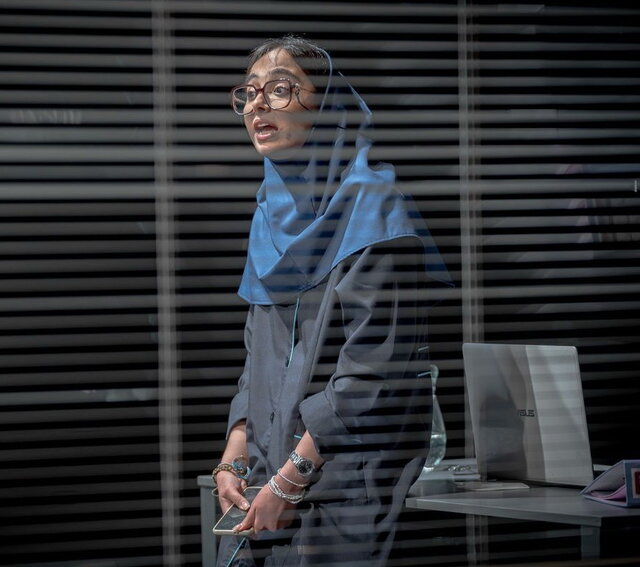
Reyhaneh Ranjbar, who is currently performing the play “The School of Education,” said: “I wanted to show my actors from behind the shutters.”
This young theater director, explaining her approach to the design and execution of her play, added: “The concept of this text is about the distance between myself and the other, or more accurately, the distance between generations, and the issue of drugs serves as a backdrop to address this theme.”
She continued: “Previously, I was pursuing this same concept in another play that never reached the stage. Then, when I shared this idea with Abbas Jamali, we started writing this text, and we followed the story within the context of a school, focusing on the relationship between a female student and the chairman of the school board, and later the relationship between the girl and her father. What we mean is the concept of the distance from the other and the refusal to accept them, which is not limited to the father-daughter relationship.”
Ranjbar considered the school as a microcosm of society and added: “In this small society, there are rules, and power dynamics create an upper and lower class. The story of our play begins with finding marijuana in a student’s bag, but it eventually leads to the relationship between the chairman of the board’s power and the student.”
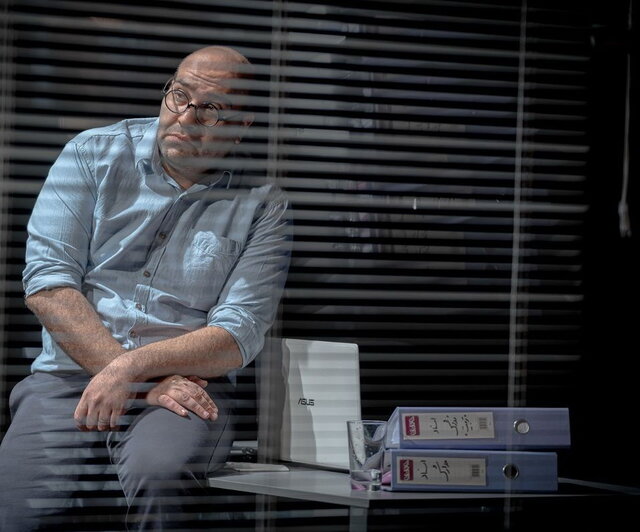
She, who is staging this play in a realistic style, explained the design approach that has raised some questions among audiences: “Our play is a storytelling piece. For the design, we considered a large window and covered the stage with shutters, so that as spectators, we see the characters from behind the window, hear their words, and judge them.”
Ranjbar added: “I didn’t want the relationship between the audience and the stage to be direct; rather, I intentionally made it so that the audience couldn’t clearly understand the actors’ words and would have to adjust their bodies, move, and shift in order to hear them. I wanted to engage the audience’s body in the work and show them that in life, you interfere with and judge people whose image you can’t even clearly see, nor can you hear their voices clearly, even though you could choose to disregard hearing their voices altogether.”
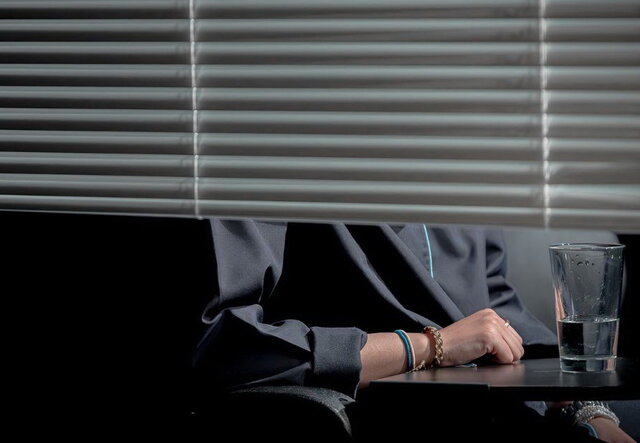
She, directing for the first time in a professional theater hall with this play, added: “The Entezami Hall, regardless of anything, should be a space for experimentation, but given the trends of the past few years, it has turned into a venue where the audience does not expect to see such works. My idea was that the distance between the audience and the stage doesn’t necessarily need to be very clear.”
Ranjbar further discussed the audience’s reception of the performance, saying: “The reception hasn’t been bad, but the political and social conditions, along with the June holidays, caused our performance to be interrupted. This type of theater, which lacks non-theatrical elements like celebrity actors and so on, needs the audience’s presence, because in the end, through word-of-mouth and advertising, it can find its own audience.”
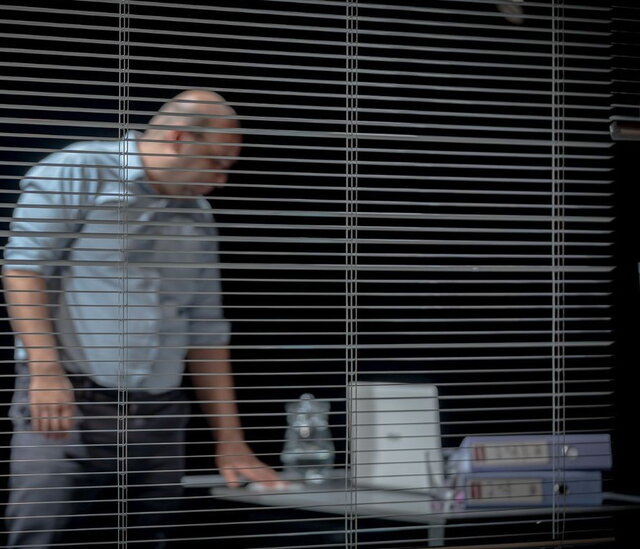
She added: “These types of theater rely on themselves, and over a long process, they can find their own audience. However, our performance was interrupted several times, and we couldn’t go through this process, which not only affected audience attendance but also harmed the work itself.”
The play “The School of Education” is written by Abbas Jamali, featuring performances by him and Sadaf Abaz. It is staged every night at 9:00 PM for one hour at the Entezami Hall in the House of Artists of Iran.
The summary of the play’s plot reads: Marijuana has been found in Sheida’s school bag.
The photos are by Reza Javidi. / ISNA
